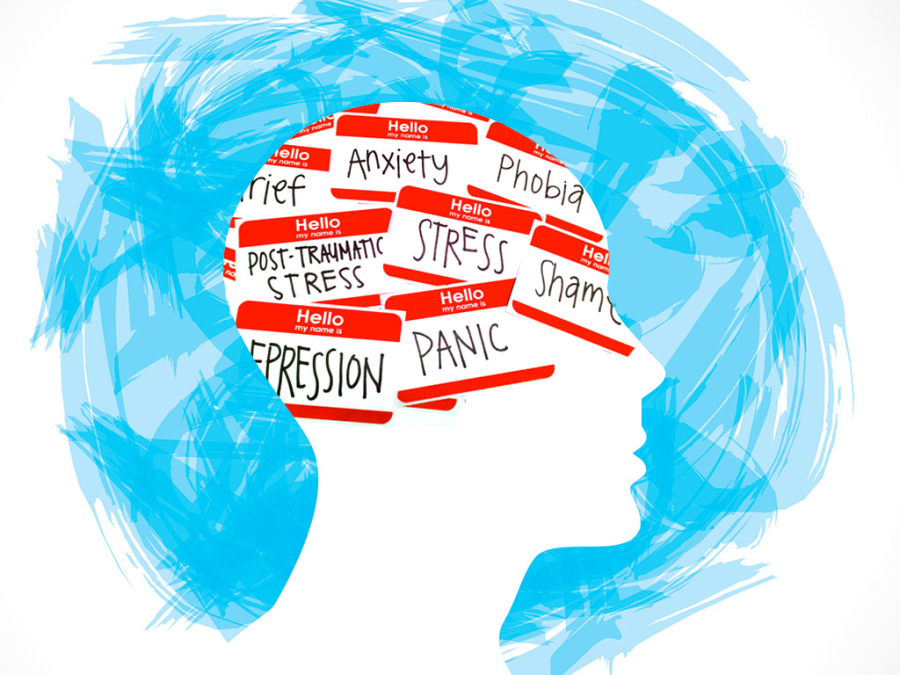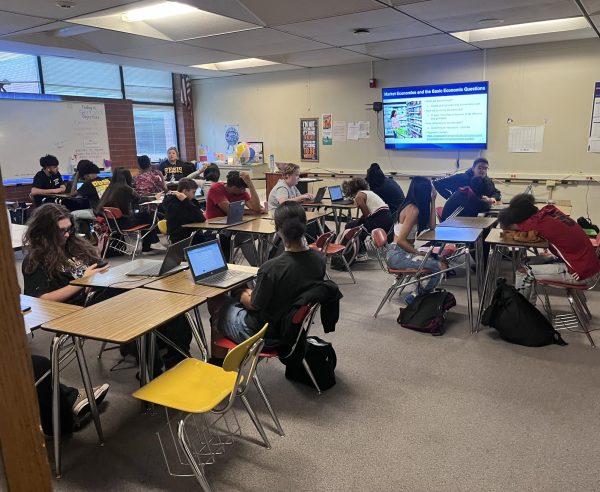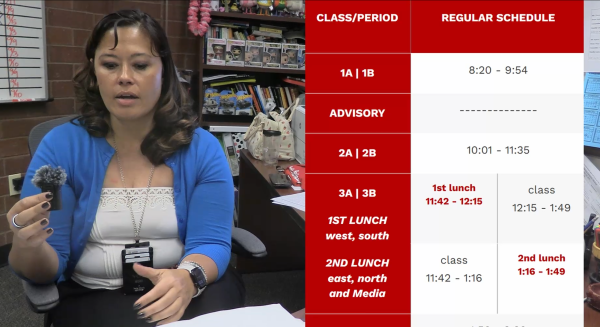Teenage Mental Health
September 27, 2022
Undermined and often confused with just being tired or lazy, teenage mental health is not taken seriously. Many teenagers deal with their mental health problems in their own ways, often sleeping, staying to themselves in their own space, and rarely ever eating or overeating. Parents usually dismiss or disregard the idea of mental health in their children implying that they supply their children with full support, food in their stomach, clothes on their back, and a roof over their head.
Students don’t receive help and are forcibly put on strict schedules inside of schools which, can on top of their mental health, cause their grades to drop, absences to increase, lower levels of achievement, and disrupt behavior. Students’ mental health often goes unnoticed, with teachers frequently wondering why the students aren’t engaging in class, have their heads down, are unmotivated and turning work in late and oftentimes not at all. School can cause students to become overstimulated being that outside of school, many of these students have other priorities, which can become overwhelming.
“School has just started and it has already become a lot,” says junior Jaleel Ferguson, who also has a part time job.
After the worldwide pandemic that occurred in 2020, many people are still struggling to figure out how life was before that unexpected and horrendous time which can also add weight on the mental health of students. This topic is one that needs to be not only discussed more, but there needs to be more awareness and understanding when it comes to teenage mental health.
If anyone you know is having negative thoughts, call the anonymous suicide prevention hotline at 1-800-273-TALK (8255) – available 24/7.













